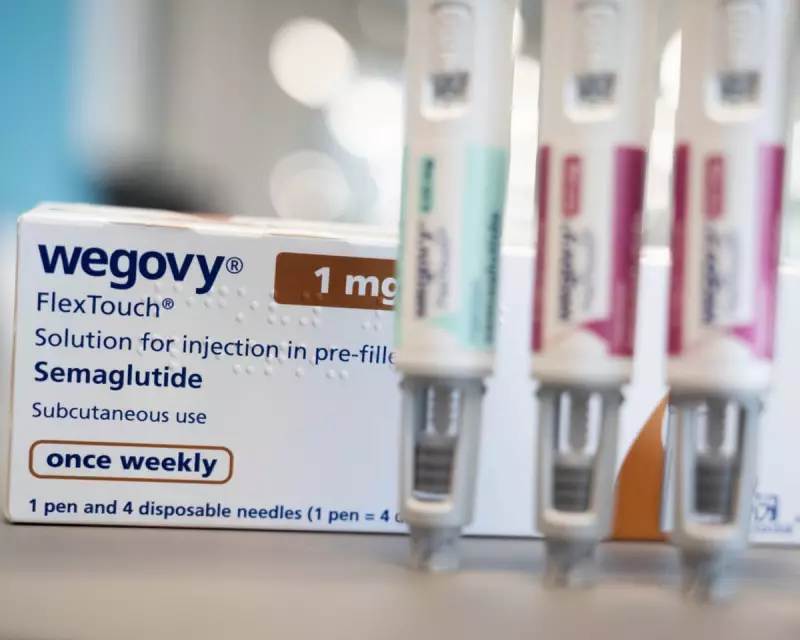
Major European pharmaceutical companies have launched scathing criticism against the Trump administration's decision to impose new tariffs on medicines, describing the measures as a 'blunt instrument' that will ultimately harm patients.
The controversial tariffs, announced last week, target a range of pharmaceutical products imported from Europe, including critical medications for chronic conditions and life-saving treatments.
Industry Leaders Voice Concerns
'These tariffs represent a direct attack on affordable healthcare,' said Dr. Elke Schmidt, spokesperson for the European Federation of Pharmaceutical Industries. 'Instead of protecting American interests, they will simply make essential medicines more expensive for everyone.'
Industry analysts warn the tariffs could:
- Increase drug prices by 15-20% in the US market
- Disrupt supply chains for critical medications
- Delay the introduction of new treatments
- Potentially trigger retaliatory measures from the EU
Patient Groups Join Criticism
The move has drawn sharp rebukes from patient advocacy organizations across Europe and North America. 'This is playing politics with people's health,' stated Mark Henderson of Patients Without Borders. 'Vulnerable populations will bear the brunt of these unnecessary trade barriers.'
White House officials maintain the tariffs are necessary to protect American pharmaceutical manufacturers and bring production back to US soil. However, critics argue the measures fail to address the complex realities of global drug manufacturing.
What Comes Next?
With negotiations between US and EU trade representatives scheduled for next month, industry watchers predict:
- Immediate price hikes for certain imported medications
- Potential shortages of some specialty drugs
- Increased pressure on healthcare systems
- Possible legal challenges from affected companies
The European Commission has vowed to 'explore all available options' to protect its pharmaceutical sector, raising the specter of a renewed transatlantic trade war with significant implications for global healthcare.





